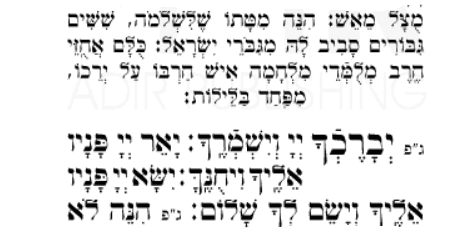The Bracha the Kohanim recite for Birkat Kohanim is (Sotah 39a):
אשר קדשנו בקדושתו של אהרן וצונו לברך את עמו ישראל באהבה
who has sanctified us with the sanctity of Aaron and commanded us to bless Your nation Israel with love.
What is the reason for saying the word באהבה (with love), given that the Torah only commands to bless the Jews without explicitly mentioning that it be done "באהבה" (Numbers 6:23):
דַּבֵּ֤ר אֶֽל־אַהֲרֹן֙ וְאֶל־בָּנָ֣יו לֵאמֹ֔ר כֹּ֥ה תְבָרְכ֖וּ אֶת־בְּנֵ֣י יִשְׂרָאֵ֑ל אָמ֖וֹר לָהֶֽם
Speak to Aaron and his sons: Thus shall you bless the people of Israel. Say to them:
Additionally, what if the Kohen dislikes one of the congregants, must he not do Birkat Kohanim given that he cannot bless that person "lovingly"?

